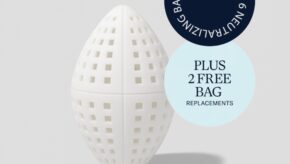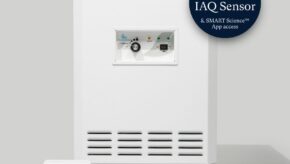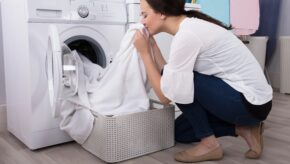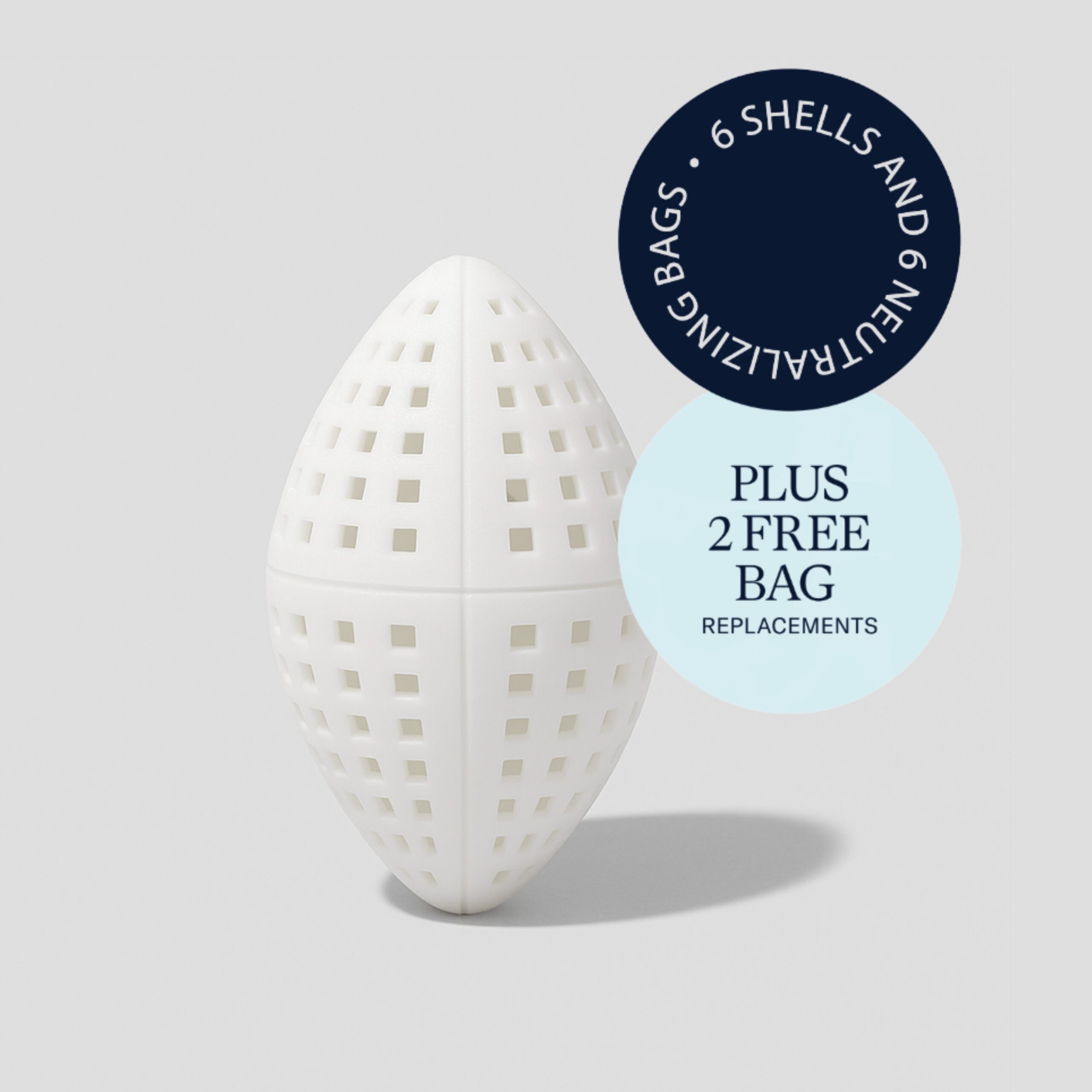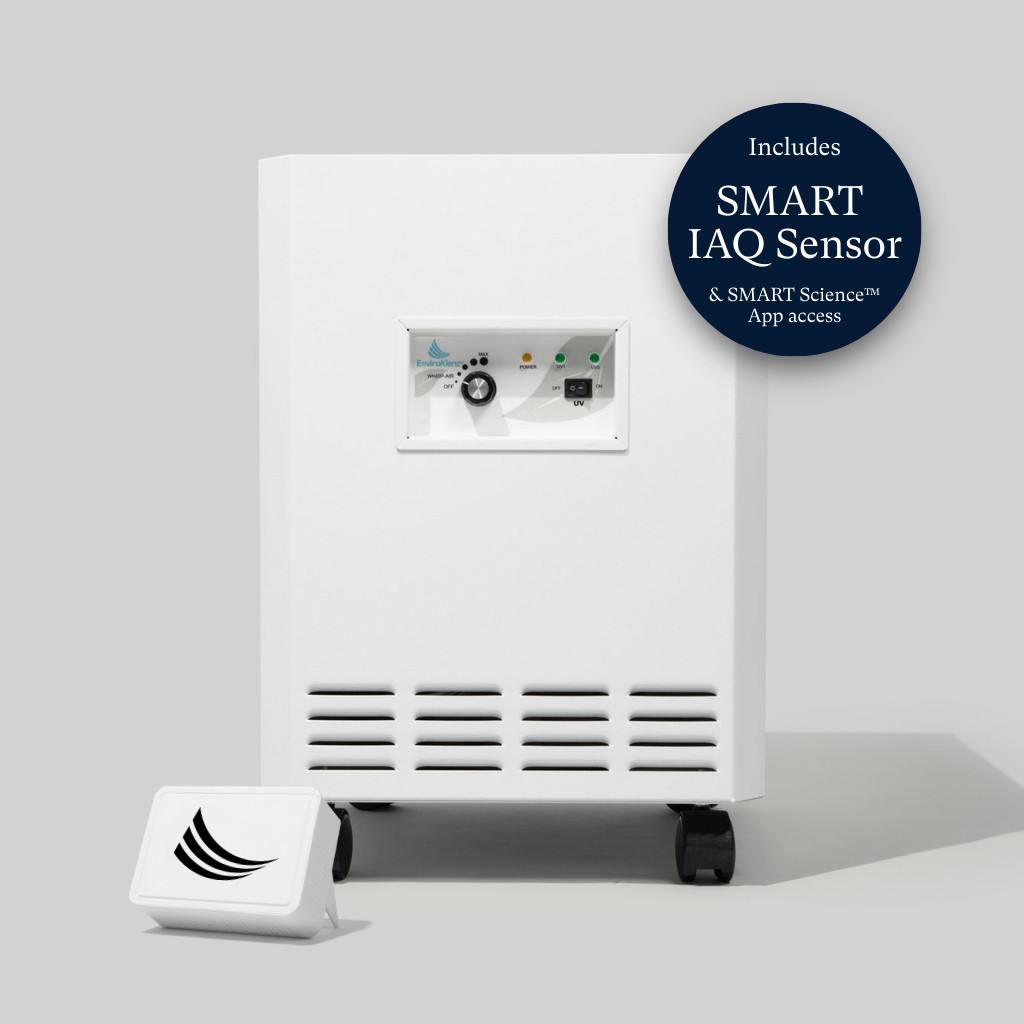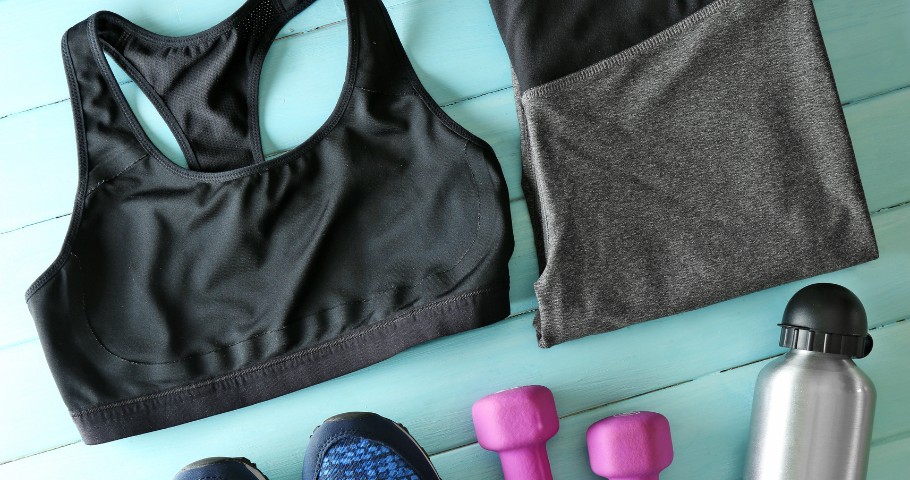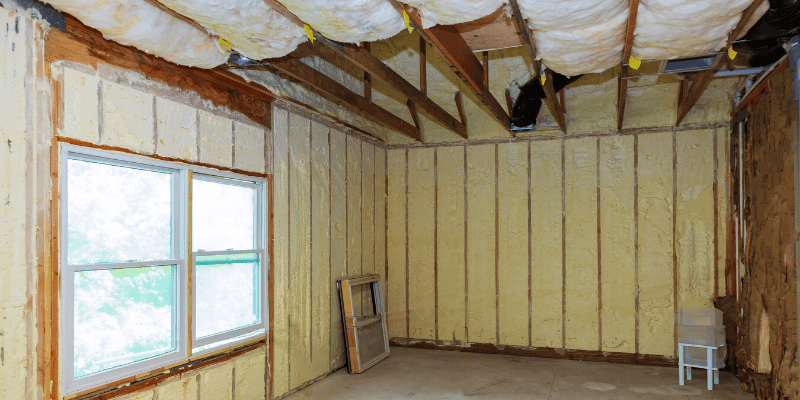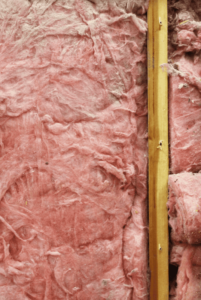 When it comes to building materials that you use inside of your home, there can be several problems that each of these materials can cause in the building structure – especially if it is not installed correctly or the material that is used is bad. The spray foam insulation that many home builders use in the construction of this building structure can have many beneficial effects to a home such as providing a strong insulation barrier between the home and outside forces, ensuring the home is sealed up tightly. However, in addition to the many benefits that this type of insulation provides to a home, it can also leave negative effects on the environment as well.
When it comes to building materials that you use inside of your home, there can be several problems that each of these materials can cause in the building structure – especially if it is not installed correctly or the material that is used is bad. The spray foam insulation that many home builders use in the construction of this building structure can have many beneficial effects to a home such as providing a strong insulation barrier between the home and outside forces, ensuring the home is sealed up tightly. However, in addition to the many benefits that this type of insulation provides to a home, it can also leave negative effects on the environment as well.
The spray foam insulation material is chalk-full of different chemical compounds that can be released into the indoor environment upon its initial application in the space. The curing time of the polyurethane spray foam can take several days and during this cure time it can produce hazardous fumes into your home’s air space that can be potentially toxic to human health. The spray foam insulations cure time can depend on several factors including the installation of the material, how much was used in the space, and the conditions present in the home where the insulation was placed.
In this article we are going to learn more about different problems that have been associated with spray foam insulation and discuss the best methods to use to help rid these spray foam odors from the indoor air space of a home.
Spray Foam Attic Insulation Pros and Cons
Spray foam insulation is used primarily in attics inside of a home to help secure an airtight seal around the areas surrounding the roof of the building. It ultimately creates a final result where there is limited air movement within the building structure, which will help the overall energy consumption in the space as the seasons change outside. This spray foam can be placed in any open cavities found within your indoor environment like in attics, however, is spray foam attic insulations safe? Below we are going to list some of the pros of using spray foam attic insulation, as well as cons to the use of this insulation material in a home.
Pros to Spray Foam Insulation:
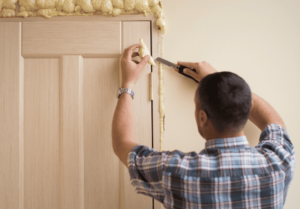 Powerful Sealing Agent: Spray foam insulation is a strong sealant that is expansive in nature allowing it to cover a large square foot of area. This allows the spray foam to effectively be applied to any area to seal off gaps and corners that would be exposed otherwise.
Powerful Sealing Agent: Spray foam insulation is a strong sealant that is expansive in nature allowing it to cover a large square foot of area. This allows the spray foam to effectively be applied to any area to seal off gaps and corners that would be exposed otherwise.- Energy-Efficient Capabilities: A normal home may go through a consistent amount of energy-usage in this environment, specifically heating and cooling throughout the space. However, if you install spray foam insulation inside of the structure of your home it has been found to act as an energy-saving building material due to its inherent ability to act as an insulation material in the home. When your home has the proper insulation, it can minimize energy use and make your indoor space a more cost-effective structure.
- Impermeable to Water: When you use spray foam insulation in your home it can help to protect an indoor space from potential water intrusion. This material will not only protect your attic and/or crawl spaces from moisture, but it will also avoid absorbing water during a flooding event inside your home. Overall, this will mean your home will experience far less damage over the lifetime of the structure and help protect your home from potentially corrupting sources.
- Offers a Longer Lifespan than other Insulation Material: Spray foam insulation offers the potential for a lifelong insulation material inside your home. There are much fewer needs to re-insulate this product after insulation and it can protect the structure from many potentially damaging sources like water intrusions.
Cons to Spray Foam Insulation:
- Improper Installation of Spray Foam: When spray foam insulation is installed into any area of your home such as your attic or crawl space there can be a potential for an improper installation to occur. If this happens, it leaves areas of your home at risk of water intrusions, mildew and mold development, and even damage to the insulation itself.
- Shrinking of Spray Foam Material: Spray foam insulation is becoming a preferred product for insulation due to its easy to install and highly affordable pricing. However, depending on the installation and if it was done correctly, insulation could start to shrink and conversely reduce its insulation capabilities.
- Adverse Health Effects from Spray Foam: The composition of spray foam can create the toxic components to spray foam insulation, especially when it is installed into the environment. Spray foam can aggravate lungs, eyes, and stomach due to the chemical called isocyanates that are found within this insulation product. It is recommended that when installing this material that you use proper protective equipment like gloves, goggles, respirators, etc.
Bad Spray Foam Insulation
If you are getting ready to install spray foam insulation into your home, you may be running the risk of applying bad spray foam within the building. When spray foam goes bad and is installed into the home, it can lead to potential symptoms in those who are exposed to this material – as a feeling of sickness will likely take over them. The spray foam is composed of two chemical sides that form the material, Side A and Side B, however, when spray foam is expired or bad it can mean that the chemical structure of either of these sides of spray foam can become altered and thus apply differently on a structure. Side A is said to become more resilient and that the Side B will last much longer.
It has been said that the storage temperature of the spray foam insulation is the most crucial to maintaining its efficacy past its expiration date. The material supplier has certain storage instructions that should be met and maintained to help keep the material to normal conditions.
How Long Does Spray Foam Insulation Last
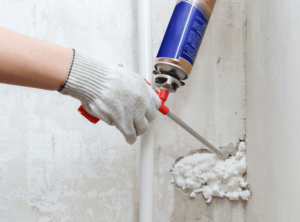 When selecting spray foam insulation for your home’s insulation material, there are many questions that you may have about this material prior to its installation into your personal indoor environment. One of these questions about spray foam insulation is how long does spray insulation last after it has been installed into your house? Spray foam insulation, if applied properly in a home, can last for the life of your home – therefore, it is recommended that you have the spray foam installed by a professional rather than do it yourself.
When selecting spray foam insulation for your home’s insulation material, there are many questions that you may have about this material prior to its installation into your personal indoor environment. One of these questions about spray foam insulation is how long does spray insulation last after it has been installed into your house? Spray foam insulation, if applied properly in a home, can last for the life of your home – therefore, it is recommended that you have the spray foam installed by a professional rather than do it yourself.
When spray foam insulation is properly installed, the material will not deteriorate, and will likely last the duration of the home, in most cases. Therefore, this is the main reason behind the popular use of spray foam insulation in many homes today in comparison to other alternative to spray foam insulation that is used in homes.
Removing Spray Foam Insulation Chemicals
After you have applied and used spray foam insulation within your home there can be an overwhelming smell of chemicals that is left hanging in the indoor air that can taint the overall air quality in the environment. As we discussed previously, spray foam insulation contains an amalgam of chemicals within its construction that can be considered toxic when released into the air space of the inhabited environment of a home. If this becomes the case inside of your home’s space than this can mean that it may not be safe to inhabit this space until the chemical odors dissipate. However, what can you do in the meanwhile to help remove spray foam insulation chemicals from the airspace?
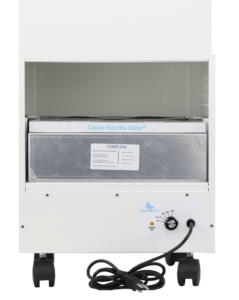 The EnviroKlenz Air Purifier is a revolutionary air purification device that works specifically to capture, contain, and neutralize a broad spectrum of noxious and toxic chemicals and odors from the air space, completely eliminating them from the environment. The EnviroKlenz proprietary technology works through the use of safe, natural earth minerals that will effectively neutralize the chemicals and odors that are found in the air and eradicate them from the air space – this will include the chemical components of spray foam insulation. In addition, the EnviroKlenz Air Purifier also contains a hospital-grade HEPA filter for fine particulate removal as small as 0.3 microns in size at a 99.99 percent efficiency.
The EnviroKlenz Air Purifier is a revolutionary air purification device that works specifically to capture, contain, and neutralize a broad spectrum of noxious and toxic chemicals and odors from the air space, completely eliminating them from the environment. The EnviroKlenz proprietary technology works through the use of safe, natural earth minerals that will effectively neutralize the chemicals and odors that are found in the air and eradicate them from the air space – this will include the chemical components of spray foam insulation. In addition, the EnviroKlenz Air Purifier also contains a hospital-grade HEPA filter for fine particulate removal as small as 0.3 microns in size at a 99.99 percent efficiency.
Mobile Air System
✓ Patented earth mineral technology works to attack VOCs and break them down on a compound level
✓ No chemicals or masking agents
✓ Will not release any chemicals back into your environment
✓ Safer and faster at removing VOC’s than traditional carbon filters and PECO air purifiers
